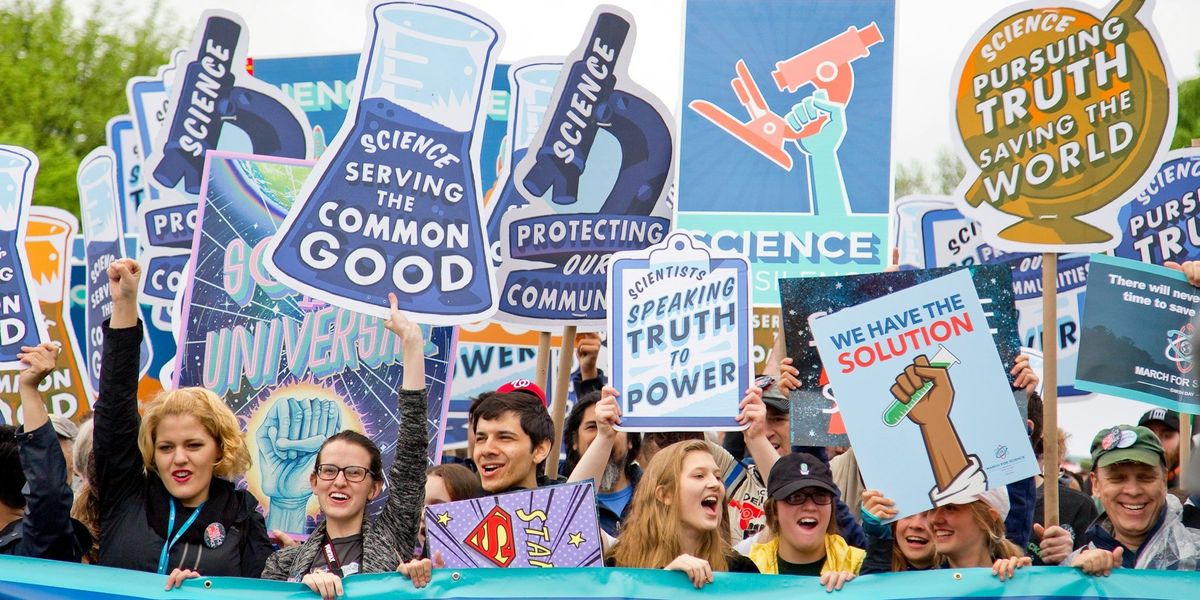
Peter Dykstra: Putting the “conserve” back in “conservative”
At least mild environmental concern from Republican leadership is long overdue.
Last Sunday, an influential British conservative sent up a red flag in the Times of London. Sensing a sharp turn in the policy direction of new Prime Minister Liz Truss, William Hague wrote “conservatives must always be environmentalists.”
In other words, the British Right is in deep trouble if it follows the path of America’s Right.
But — from Teddy Roosevelt to Richard Milhous Nixon to Ronald Reagan — it wasn’t always that way here.
So, in this sharply divided country, how do we get back to a time when millions of us don’t equate clean air with bad taste? Maybe a tour of more than a century of Republican history could guide us.
Even a few (but not all) GOP leaders with overall lousy environmental track records make the list.
The Lacey Act
Congress passed, and President William McKinley signed, the Lacey Act – the distant forerunner of the U.S. Endangered Species Act — in 1900.
The issue of the day was the plumage coveted for ladies’ hats. Lacey set sharp limits on the taking of feathery birds, and the importation of birds killed for their plumage.
"What nature once so bountifully supplied"
Teddy Roosevelt was the eco superstar of his day, ushering in the National Park Service, the U.S. Forest Service and more. In 1907, he issued “A Message to the Schoolchildren of the United States," saying, in part, "We of an older generation can get along with what we have, though with growing hardship; but in your full manhood and womanhood you will want what nature once so bountifully supplied and man so thoughtlessly destroyed; and because of that want you will reproach us, not for what we have used, but for what we have wasted.”
From the EPA to the Clean Air Act
The president who once said that environmentalists wanted to “live like a bunch of damn animals,” had an impressive string of environmental achievements. President Richard Nixon signed laws that created the Environmental Protection Agency and National Oceanic and Atmospheric Administration, limited pesticide use and required environmental impact statements for development projects.
He also signed the Clean Air Act and the Endangered Species Act but vetoed the Clean Water Act as too expensive. Congress overrode that veto.
Montreal Protocol
In 1987, the world’s nations gathered in Montreal to hammer out a solution to a recently discovered growing menace: the ozone hole over Antarctica, caused by ozone-depleting chemicals. The Montreal Protocol was supported by President Ronald Reagan (as well as fellow conservative British Prime Minister Margaret Thatcher). The protocol has reversed ozone damage as one of the few truly effective global environmental treaties.
Reagan’s successor was his Vice President, George H. W. Bush. As president, he signed into law powerful improvements to Nixon’s Clean Air Act.
Then came Newt
In the 1970’s, an ambitious professor at West Georgia College raised some hell as advisor to the campus Sierra Club. Elected to Congress on his second try, Newton Leroy Gingrich learned there was no path to House Speaker for a GOP treehugger.
The 1994 Newt Gingrich rode his anti-regulatory Contract With America to the Speaker’s chair and a couple of failed presidential bids.
Even W.
George W. Bush, considered by environmentalists to have an awful track record, scored green points by backing several sprawling marine protected areas in the Pacific.
Then came the Tea Party, the Supreme Court’s Citizens United decision that surrendered the last shred of integrity in campaign financing, and the Trump era. Climate denial became a Merit Badge for rising Republicans. Climate concern vanished from the speeches and deeds of Romney, McCain, Christie, Jindal, and a dozen more. Even Sarah Palin, in her brief turn as Alaska governor, created a “Climate Sub-Cabinet” to help prepare her vulnerable state. The sub-cabinet never met, and it quietly disappeared after Palin resigned.
At least mild concern from Republican leadership is long overdue. Let’s hope it’s science, reason and integrity that bring it back, and not the next wave of droughts, wildfires, or Hurricane Ians.
Peter Dykstra is our weekend editor and columnist and can be reached at pdykstra@ehn.org or @pdykstra.
His views do not necessarily represent those of Environmental Health News, The Daily Climate, or publisher Environmental Health Sciences.













